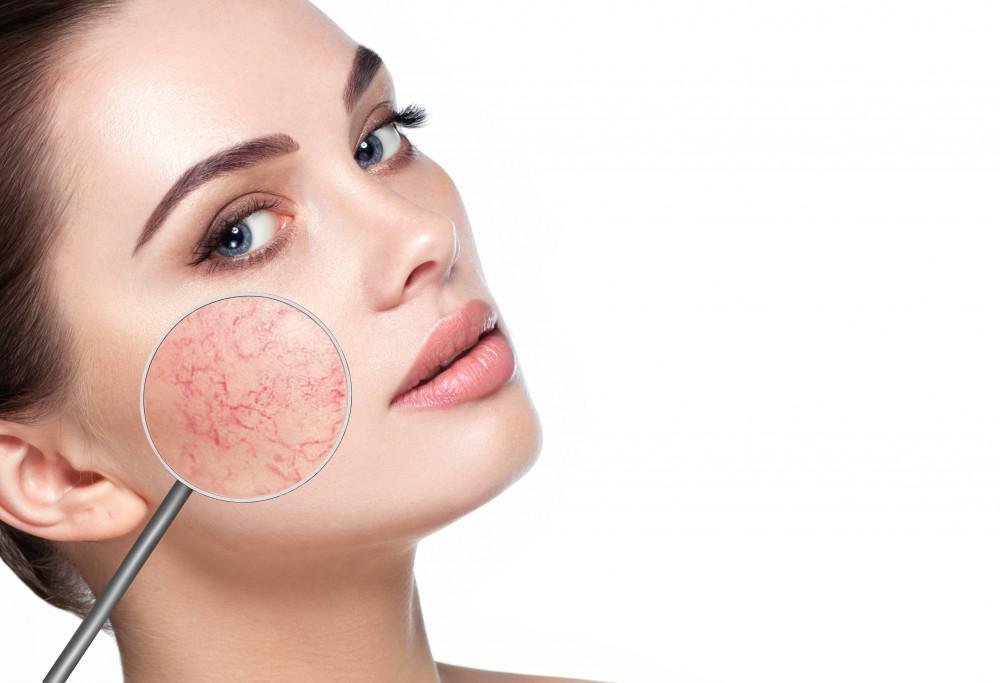We all desire to have healthy and smooth skin. Any experience of chronic skin problems like rosacea can cause sores, swelling, and change the skin color of your face, affecting your appearance and lowering your self-esteem. If you are battling this skin condition, Dr. William Long in New York and his team of specialists at Manhattan Dermatology can help treat your skin.
Who is at risk of developing rosacea?
You are at risk of contracting if any of your immediate family members have ever had it because it is hereditary.
If you are aged thirty to fifty, you can suffer from the disease and also if you are fair-skinned. Women are more likely to get the disease than men, but when men contract rosacea, it is more severe.
Symptoms of rosacea
Different people show different rosacea symptoms, but the most common symptom is facial redness, which may look like a sunburn and does not disappear. You may experience visible spider-like blood vessels close to your skin surface on your face. Your face may also show some small red bumps that might resemble acne and pimples with pus with the absence of blackheads.
Other symptoms include a bulbous nose, a stinging or burning feeling in your face, and skin sores that may crust. You may experience eye irritation causing your eyes to appear bloodshot or watery. Your eyelids may also appear red and swollen.
Having a history of flushing or blushing frequently, rough and dehydrated skin of your central face, and raised red patches that do not change the surrounding skin are also signs of rosacea.
Thickening of skin around the nose, which becomes permanently red and bulbous-shaped, is commonly seen in men.
Causes of rosacea
The actual cause of rosacea is unknown, but environmental factors and heredity could cause it.
Some factors which can activate rosacea
- Eating spicy food and food containing cinnamaldehyde compounds can activate.
- Feeling stressed
- Exposure to very cold or overexposure to hot weather
- Smoking cigarettes and alcoholic beverages
- Drinking hot beverages and some beauty products.
Rosacea diagnosis
During diagnosis, your doctor will review your medical and family history and perform a thorough check-up of your symptoms.
Rosacea treatment
Your doctor will recommend treatment based on your symptoms. Your doctor may recommend the following treatments.
Medications
Your doctor may prescribe oral medications for both severe and moderate rosacea to help clear the pimples and bumps, eliminate bacteria, and calm your skin from inflammation and irritation. Topical creams will help if your is mild or moderate. To minimize redness, you will apply the cream to the affected area. Your doctor will prescribe an oral drug to help clear up acne-like lesions of rosacea.
Laser treatment
Your doctor will recommend laser treatment to help reduce redness, flushing, and visible blood vessels. Your doctor will use a Vbeam dye laser to treat red rosacea complexion by targeting your visible blood vessels. The Vbeam dye laser is then absorbed by your red blood cells destroying the lining of your inflamed visible blood vessels.
If you are struggling with rosacea, do not hesitate to call Manhattan Dermatology for healthy, smooth skin.







